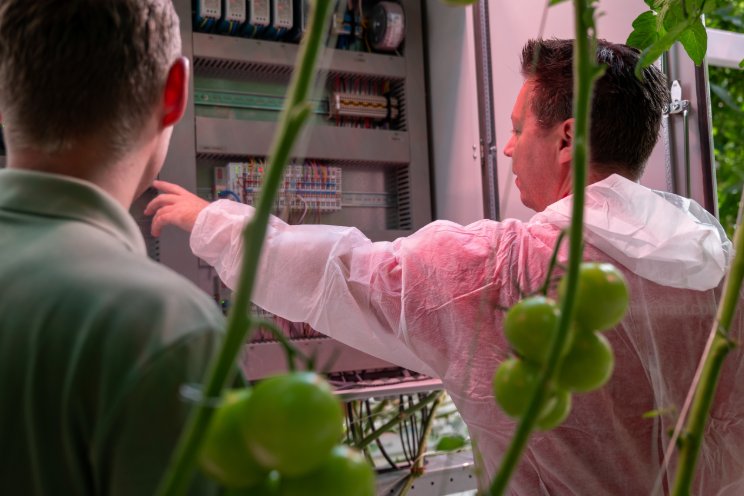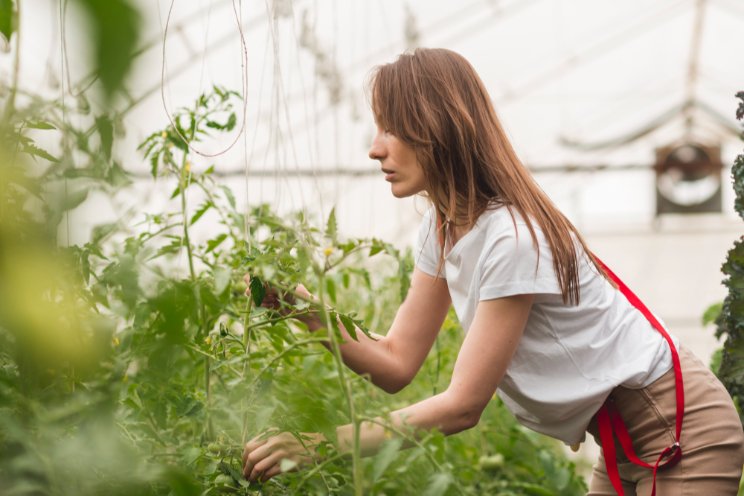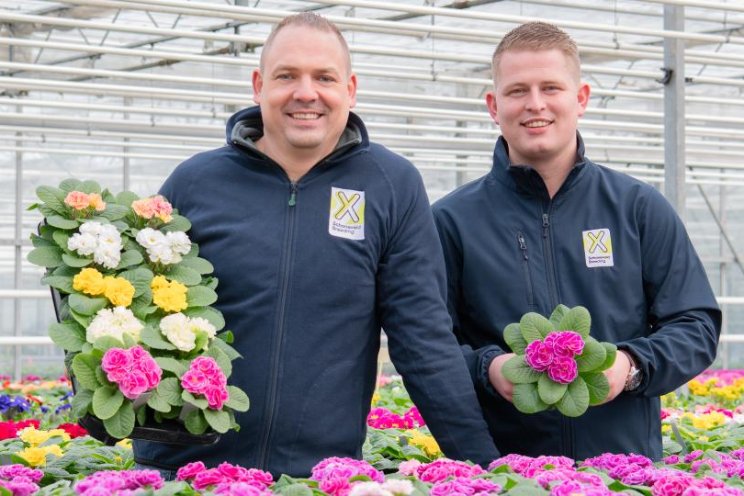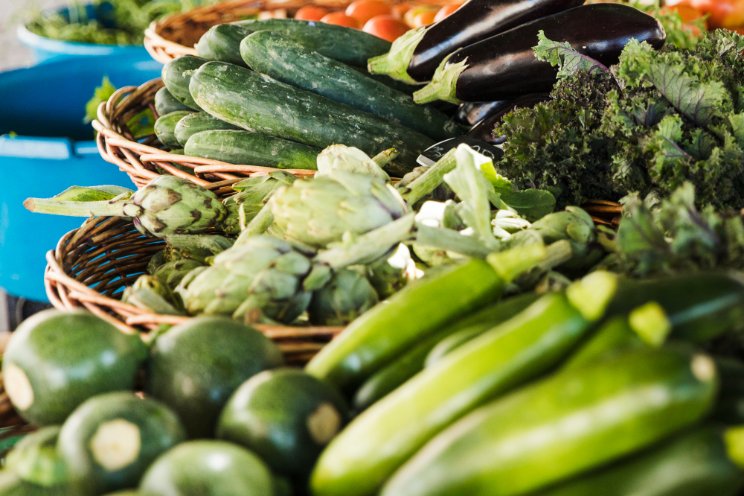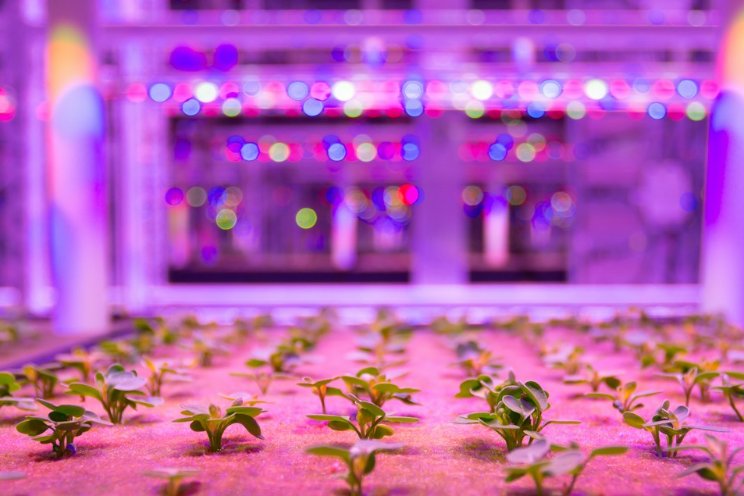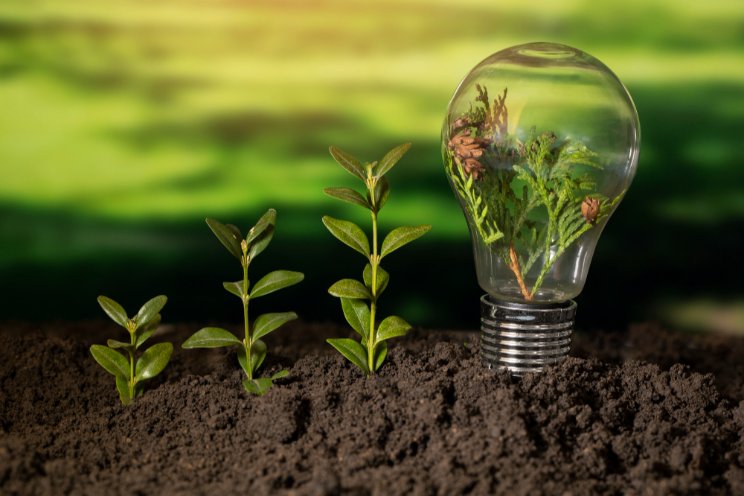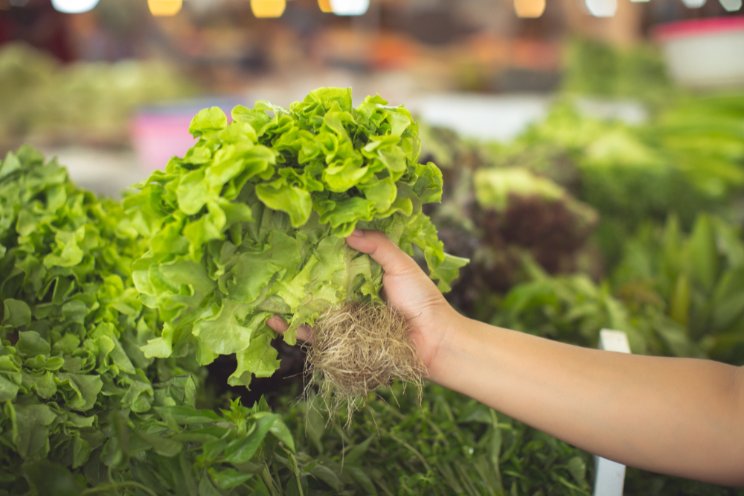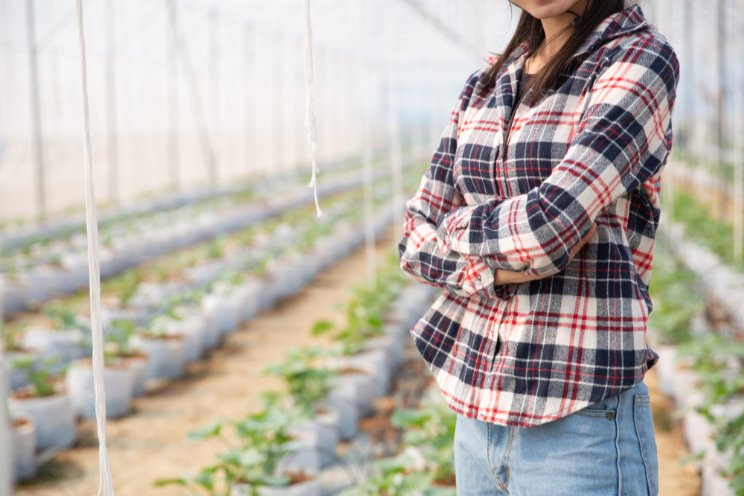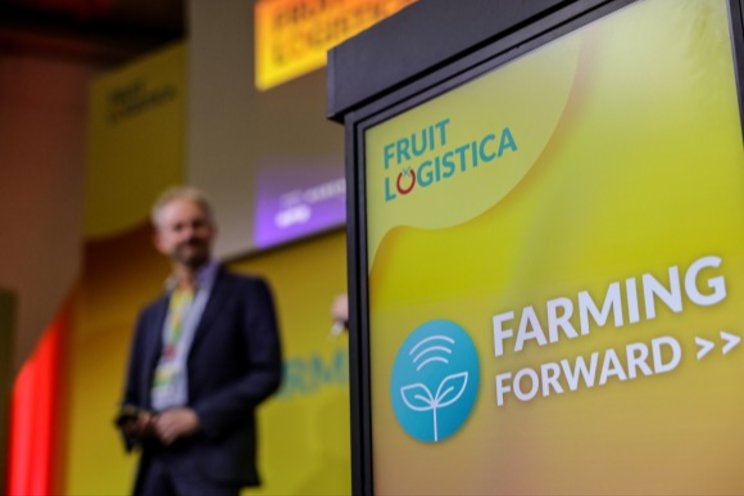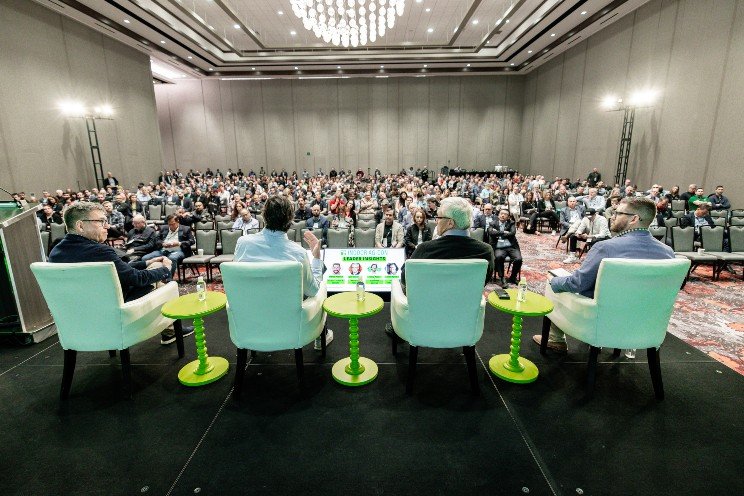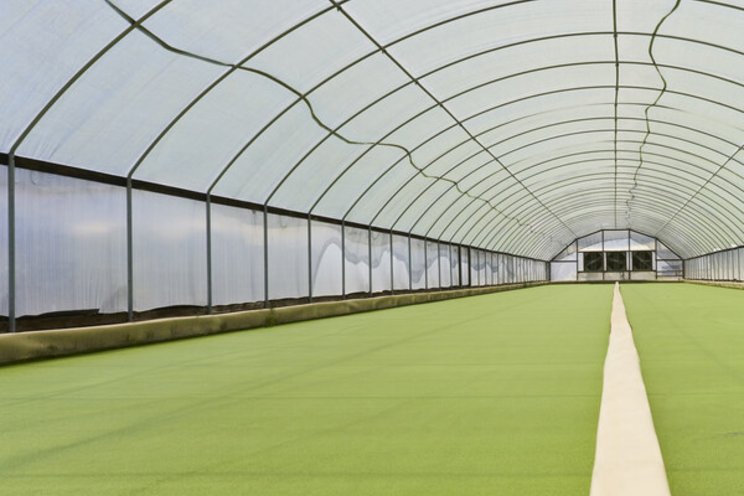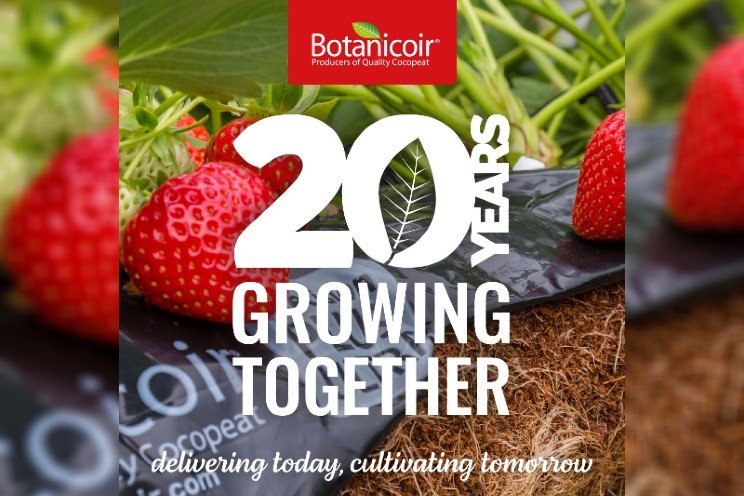How the UAE is innovating to feed its population
Added on 02 December 2021
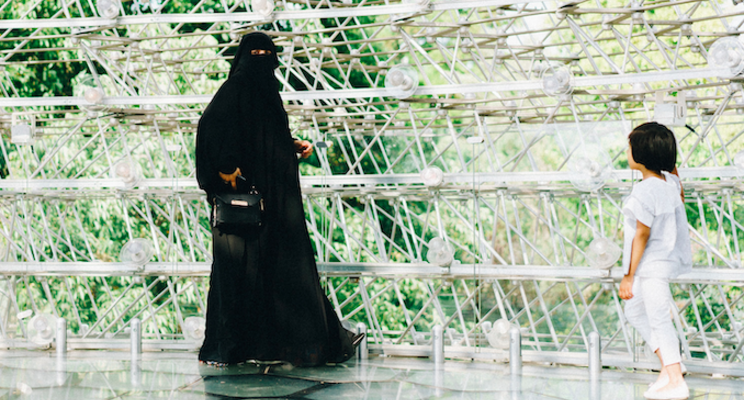
"[The launch] is a step forward to achieving our goal of boosting local UAE agriculture and promoting farming innovation. The UAE's groundwater is 90 per cent saline which makes it an ideal environment to yield the best salicornia produce," Dr Dionysia Angeliki Lyra, Halophyte Agronomist, Directorate of Programmes, ICBA, said. "We are optimistic that the launch of the new burger has the potential to transform the UAE's burgeoning home-grown crops sector."
The new burgers are available under the brand name Al Areesh at Union Coop, Aswaaq and Emirates Coop.
Developed in collaboration with the ICBA, Global Food Industries' Quinoa-Kale Chicken Burger with salicornia is a healthier and tastier alternative to traditional meat burgers that's produced in the UAE.
Strengthening food security
With a growing population and rising consumption needs, the UAE has focused on building a sustainable agricultural and animal wealth industry in order to strengthen its food security while improving economic diversification.
"Our national food security strategy will make the UAE a world-leading hub of innovation-driven food security in the next 30 years," Mariam bint Mohammed Saeed Hareb Almheiri, UAE Minister of Climate Change and Environment, said at an Expo 2020 seminar to coincide with World Food Day in October. The strategy was launched in 2018 to diversify import sources, develop sustainable local agriculture enabled by technology across the value chain, reducing food loss and waste, and increasing resilience.
The country currently imports about 90 per cent of its food. Surging food prices and supply chain disruptions as a result of the coronavirus pandemic have prompted the country to accelerate schemes to produce more crops and livestock.
"Realistically, we're looking at maybe increasing our domestic production going toward 30 per cent - 40 per cent in the next 10 years," Almheiri told Bloomberg TV.
Click here to read more.
Photo by Doruk Yemenici on Unsplash
Source: Gulf News
More news
